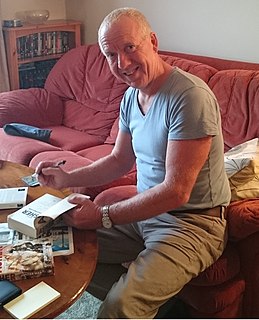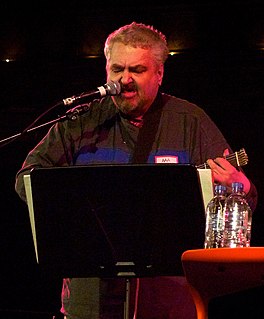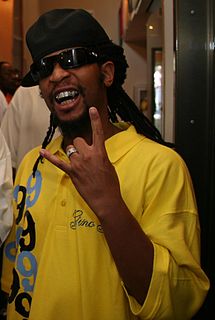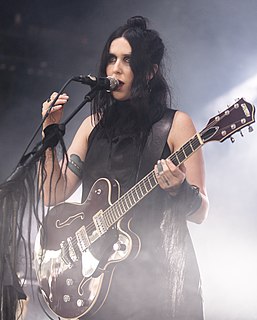A Quote by Lin-Manuel Miranda
I read reviews, I'm not going to lie to y'all. Like you know, I'll read 'em, but then, the next day I'm able to sort of shrug them off. But if something sort of sticks the next day, there's probably something to it. I just sort of really try to trust my gut on, on all that stuff.
Related Quotes
When I get started each day, I read through and correct the previous day's 2,000 words, then start on the next. As I reach that figure, I try to simply stop and not go on until reaching a natural break. If you just stop while you know what you're going to write next, it's easier to get going again the next day.
I read a ton of nonfiction. I tend to read about a lot of very extreme situations, life-or-death situations. I'm very interested in books about Arctic exploration or about doomed Apollo missions. I tend to read a lot of nonfiction that's sort of hyperbolic and visceral. And then I kind of draw on my own personal experiences and my own sort of generic life experience, and I kind of try to feed my day-to-day reality that I have with sort of high stakes reference points that I read about. They're things everyone can relate to.
I don't read reviews. Just because that is something that's directly connected to my job. I'm doing this because I love it, not because I'm necessarily looking for approval or anything like that. To me, it seems that reading reviews - whether they're good ones or bad ones - can only sort of force the person to divorce themselves from the reality of what it is they do for a living. So I don't read reviews.
Actually learning ancient Greek was a brilliant practice of mine because you'd sit there and you'd read a sentence and sometimes it would take you a day, an entire day to figure out one sentence. But it really trains you to be analytical, to think in a certain way to try and interpret what something means. So I've been thinking like that my whole life and then I love Machiavelli and I love thinking about politics that way. So it's sort of all that put together and then the good luck to meet a man who is sort of interested in the same thing.
A lot of singers don't really know who they are. They have this massive insecurity and this massive ego and they are sort of pulled between both. I mean, why do you want a lot of people to look at you all the time and listen to you? There is something going on there, there is sort of need to express and attention. It's not just ego, it's some sort of complex thing and sometimes you create characters to say something you want to say and then you just throw yourself into that.
I try not to read reviews, but if it's a really important review or somebody sends it to me, I'll read it. It's really interesting when you read a review of yourself, you see this weird reflected image - it's like looking a funhouse mirror. Like, "It's sort of me, but is my neck really that elongated?" Sometimes it's vaguely embarrassing what people think of you. When I was in Italy doing this press-interview day, this guy asked me, "Are you a tortured soul?" It's embarrassing to have somebody think you're a tortured soul, or that you think of yourself as a tortured soul.
In the case of Anathem, most of the research had to do with philosophy and metaphysics. Reading this sort of thing has never been my strong suit, so I actually had to be somewhat more "organized and results-driven" than is my habit. I just made up my mind that I was going to have to read some of these philosophy tomes, and I forced myself to read something like 10 pages a day until I had bashed my way through them.
Celebrity Apprentice' was something where you don't know what you're going to do the next day. Every two days, somebody goes home, and you don't know if the next day you've got to be the project manager or what's going to happen, so you can't really prepare. You really have to be on top of everything.
I read the reviews sometimes, but I don't let it really affect the next album because, for me, when I approach an album, it's usually coming to me pretty naturally. It's not like I set out, like, "Okay, I'm going to write an album this month." It's more like I'm just always writing songs and eventually I start to realize that a group of songs sort of fits together, and I go from there in putting together the album and themes and artwork and things like that.




































